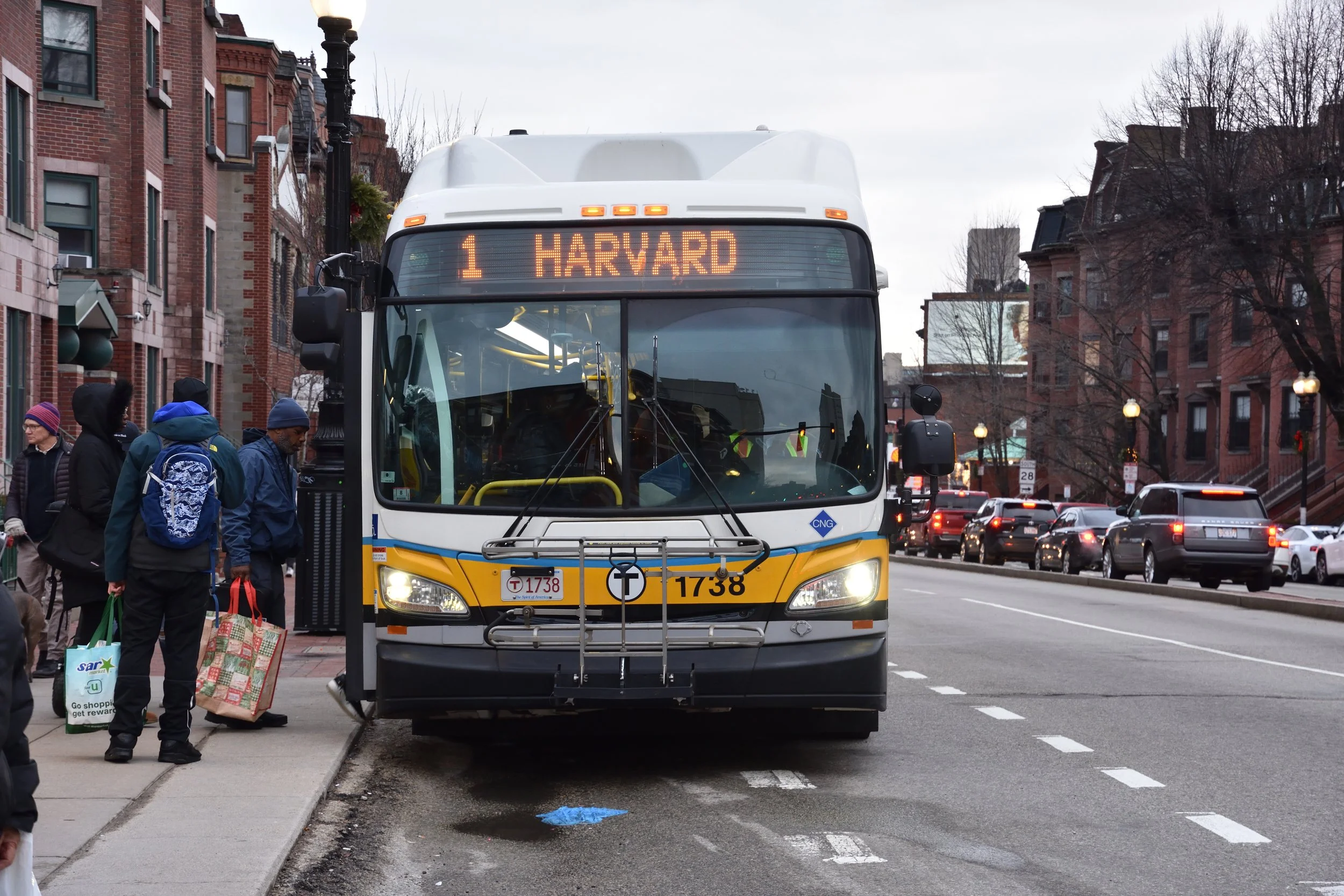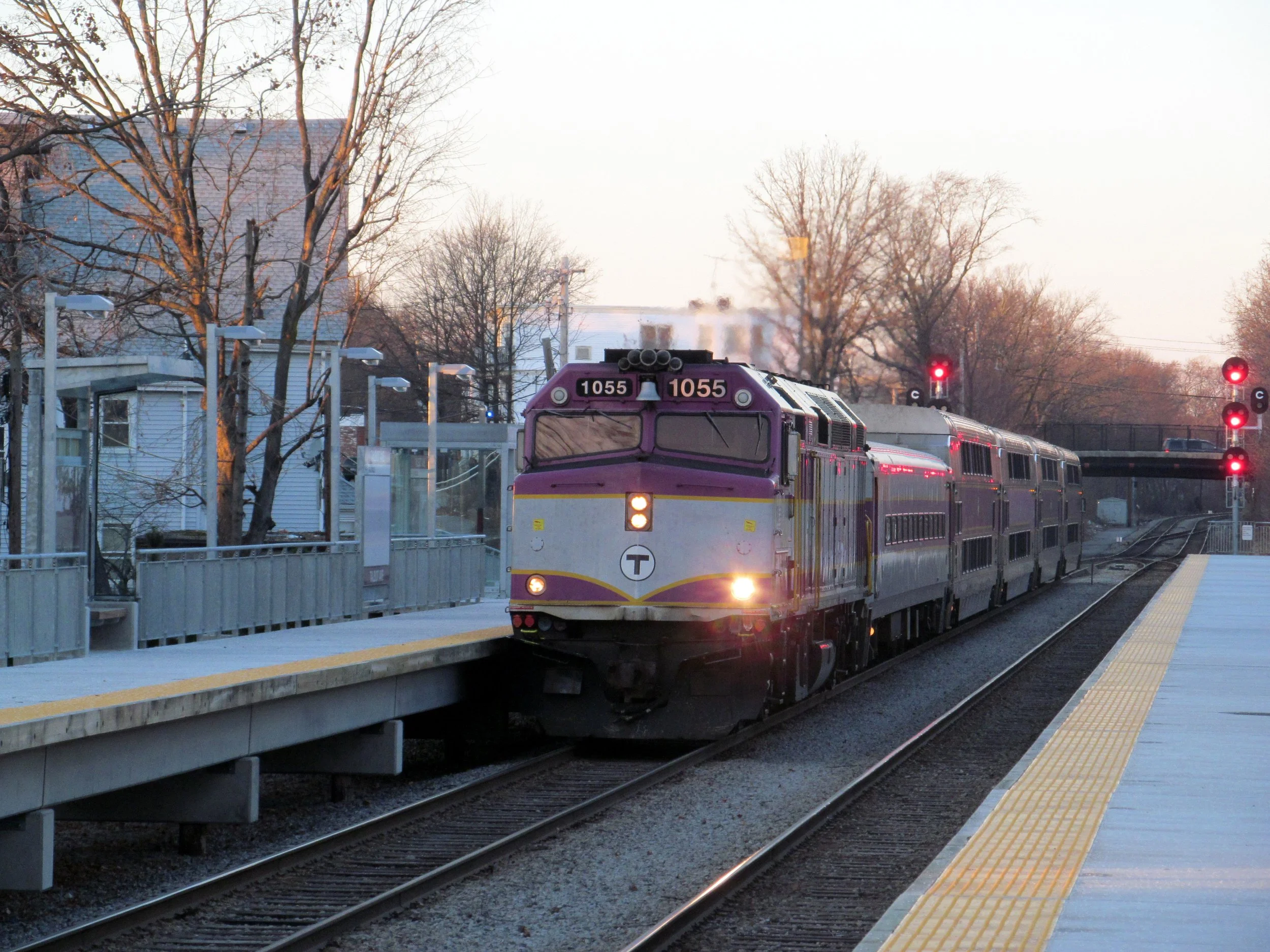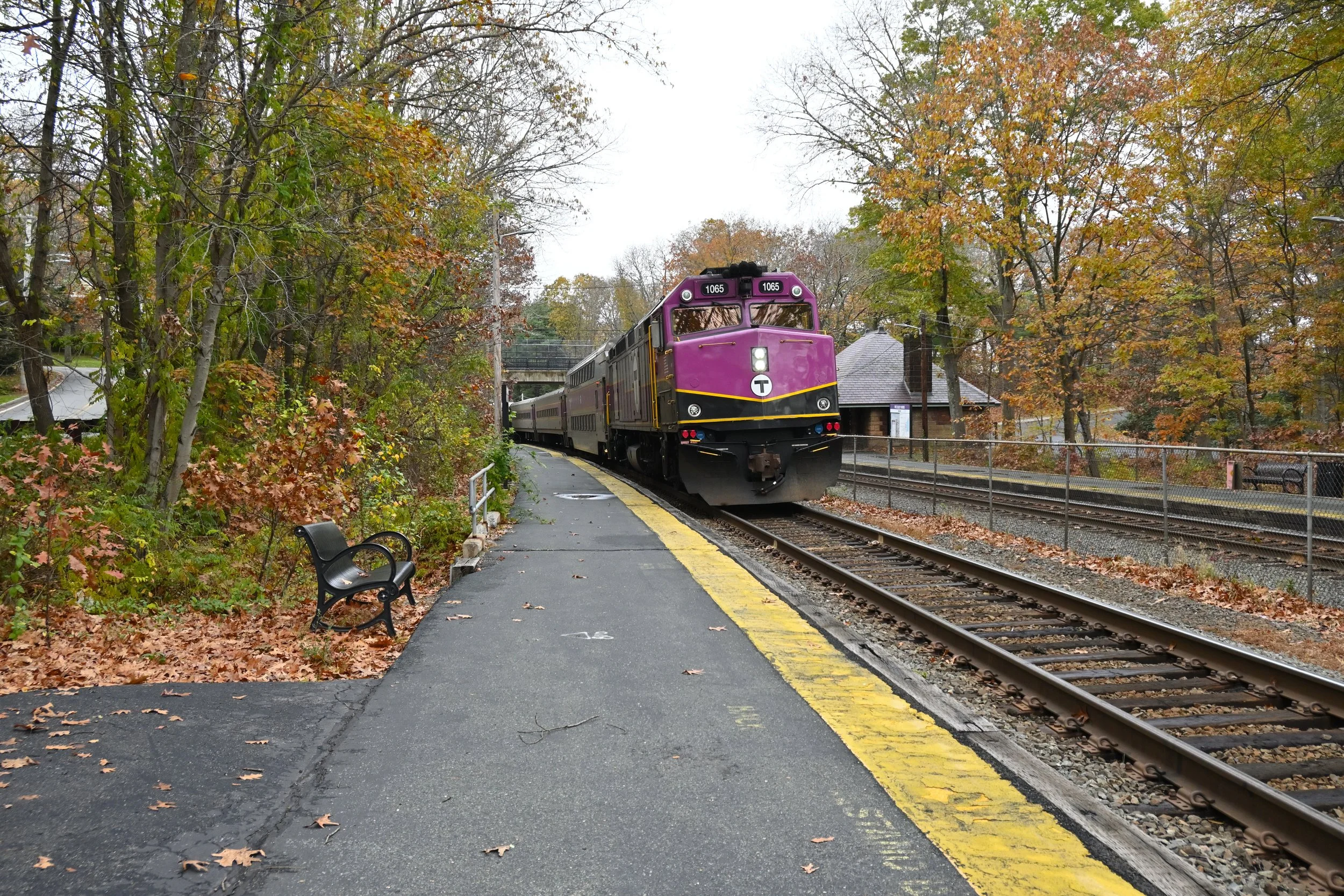Yesterday we learned that due to decades of neglect the MBTA will need at least 30 days to restore service to the normal level of delays, signal problems and disabled trains we're used to. While there is plenty of blame to go around, right now we must focus on the current emergency.
MBTA General Manager Search Process Now Underway
 Despite initially tepid response to the open position for MBTA General Manager (and MassDOT Rail and Transit Administrator), a number of applicants have stepped forward in the month since it was last reported on the matter.
Despite initially tepid response to the open position for MBTA General Manager (and MassDOT Rail and Transit Administrator), a number of applicants have stepped forward in the month since it was last reported on the matter.
From the Board of Directors, John Jenkins, Elizabeth Levin, and Secretary Richard Davey comprise the three person preliminary search committee who met this morning to begin screening the applicants who have thrown themselves into the pool thus far.
Their intent is to narrow down the pool of applicants to three to four candidates to present to the board with a group interview of selected candidates. So far, there are over 40 applicants with varying degrees of operational and leadership expertise, including candidates with experience from Toronto's TTC to San Francisco's MUNI. 13 of those were put to consideration this morning.
Aside from the desired qualities listed in the posting on the MBTA web site, the committee repeated its desire for candidates with good on-the-ground, operational expertise balanced with well-rounded experience across organisation operations and strong leadership experience.
Through all of this, will we end up with a GM who can lead the MBTA and continue with the internal organisational reform started by Rich Davey almost two years ago? Unlike in New York, where there has been enough political conflict to lead their last and most qualified CEO to resign, Governor Patrick strongly supports both MassDOT and the MBTA and we rarely see him bash either of them. Does it help that the Governor's office is not more than 850 metres away from both the Secretary's and General Manager's office, just across the Commons?
Suffice it to say, the upcoming MBTA GM will be managing the 6th most used public transport system in the US with the greatest debt of them all. S/he will need to work closely with the Governor, Secretary, and legislature in not only securing the funds necessary to operate the economic engine of the Commonwealth, but also show competence in affecting effective reform in the nation's most organisationally flat public transport operator. With little political friction to deal with (compared to that of the MBTA's closest neighbours in the US), the next GM will be able to focus on actually running the system and the search committee will be able to look for a candidate who has more public transport operations experience than New York's new MTA CEO, who is more known for his political and financial management savvy than his (nonexistent) transit experience.
The position remains open to applicants until the end of this year and the search committee will continue to filter candidates as they come in.
Transit Construction During the Great 'Recession'
 I'm currently killing some time before heading off to a discussion at the Museum of the City of New York on the challenges facing ongoing and planned transit construction projects in the New York City metro region during these trying economic times. Boston has it's own projects that have been stalled (or in an extended design and environmental review process) for quite some time until this most recent MassDOT/MBTA Board of Directors meeting: the Orange Line infill station at Assembly Square, the Green Line Extension to Route 16 (the current project only extending to College Avenue, one stop shy of the legal requirement for the project to reach Medford), the Blue Line extension to Charles-MGH, further Blue Line extensions beyond Wonderland, drafting and design of new Red and Orange Line cars.
I'm currently killing some time before heading off to a discussion at the Museum of the City of New York on the challenges facing ongoing and planned transit construction projects in the New York City metro region during these trying economic times. Boston has it's own projects that have been stalled (or in an extended design and environmental review process) for quite some time until this most recent MassDOT/MBTA Board of Directors meeting: the Orange Line infill station at Assembly Square, the Green Line Extension to Route 16 (the current project only extending to College Avenue, one stop shy of the legal requirement for the project to reach Medford), the Blue Line extension to Charles-MGH, further Blue Line extensions beyond Wonderland, drafting and design of new Red and Orange Line cars.
Thinking on that and a political comic from 1938 on the then titled 'recession' that I came across at the MCNY, infrastructure investment has always proven to be a means of driving economic recovery by putting people back to work and providing improved mobility for commerce during down economic times and after economic recovery.
The Obama administration is two years late in offering such a solution, instead having opted to deal first with the politically unpopular healthcare reform he initially promised during his campaign. Nevertheless, the Obama administration, the Federal DOT, and Transportation Secretary Ray LaHood have outlined a budget for a more 'balanced' transportation budget, improving the budget ratio between transit and roads from 20:80 to 24:76.
Even more unfortunately, the mass transit funding debate often gets overshadowed by the high speed rail funding debate, the latter of which is currently being played out on the national political stage with sweeping action and unfortunately dramatic rejections of funding. Within mass transit funding, there are significant issues between expanding service and improving network access within cities, the former enabling more suburban settlement farther from city centers and the latter strengthening networks within cities and making them more resilient to network failures (i.e. medical emergencies, police activity, and disabled trains).
Will we 'win the future'? Maybe. But we've already lost a lot of time and money propping up companies rather than the physical infrastructure that enables us to live, work, and play.





